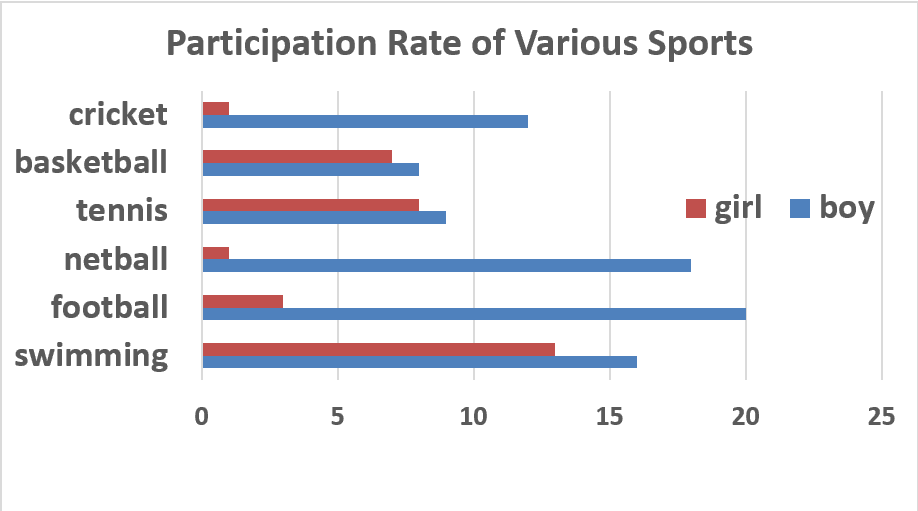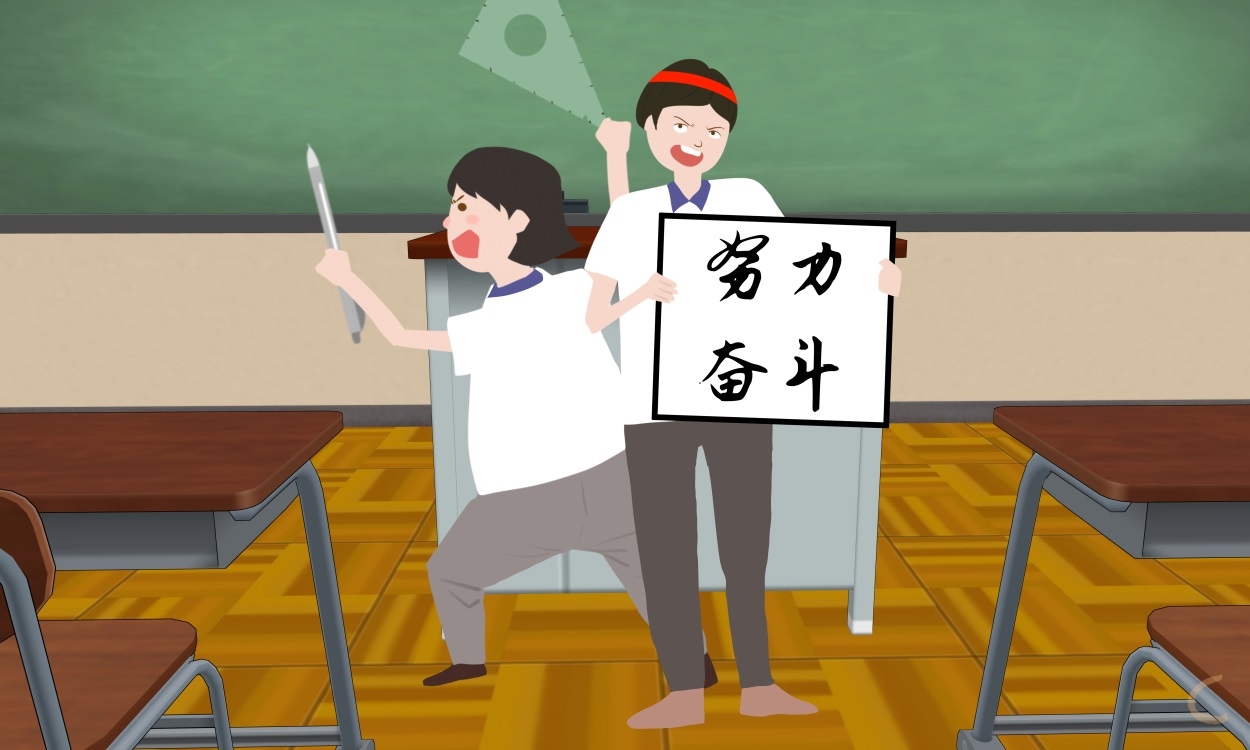托福独立写作中间段到底些什么?论证方法思路实例分析,下面小编就和大家分享托福独立写作中间段到底些什么,希望能够帮助到大家,来欣赏一下吧。
托福独立写作中间段到底些什么?论证方法思路实例分析
托福独立写作中间段写法思路分析
很多同学都很头疼独立写作的中间到底写点什么,小编也经常听到学生抱怨:那些范文的作者怎么有那么多有的没的可以扯,我就是想不出那么多话那么多内容往文章里搬啊。面对这样的问题,小编一开始也很困惑应该怎样去帮助他们,因为这是确实存在的一个事实,暂且不谈英文,即便是说中文,也有一些人是能“扯”的,有一些人是“不能扯”的。后来小编发现,“能不能扯”在方向上来说就已经错了,或者说已经偏了,偏离了简单写作的轨道。原因在于,内容是无止尽的,非要一个高中生脑子里装很多内容素材也确实强人所难。即便经历了长期的准备积累,在考场上要把这些信息想到,再敲到文章里也是很耗费时间的,所以说关于论证细节,如果从内容下手进行思考,反而会让写作看起来更复杂。那么,托福考试中的简单写作到底是什么呢?那就是考生一定听说过的“论证方法”。大部分考生对这个词不陌生,知道主体段需要运用各种论证方法进行支持。在此,小编想强调的是,考生大可不必从内容上去思考写点什么,而是直接可以从论证方法入手,因为论证方法是有止尽的,最常用的也是最好用的论证方法包括因果论证(分析原因、说明结果)、举例论证、引证以及对比论证。我们随便看几个范文段落就可以发现,文章段落中的每一句话都是有存在的目的的,所谓目的就是论证的方法。
论证方法实例分析1
例如:
1. Firstly,the wide application of the Internet dramatically boosts the convenience and efficiency of acquiring knowledge for people.(中心句)2.In the times without the Internet,the main way to be well-educated was attending schools.3.But the scarcity of educational resources enabled only a few elites to do it.4.Thanks to the Internet technology,the knowledge gets across among people regardless of time and space.5.For example,Khan Academy,an innovative online educational company,offers high-quality and free-of-charge cramming courses involving mathematics,physics and other high school subjects.6.Another renowned program called “Coursera” cooperates with top universities and puts online real lectures of top-notch professors for people to learn from at no cost.
整个段落一共6句话,第一句话是中心句,第二句到第四句是对比论证(没有网络的时候VS有了网络的时候),第五句和第六句是两个例子。
论证方法实例分析2
再如:
1.In the first place,job satisfaction is becoming increasingly important in contemporary society.2.Due to the fierce competition and social pressure,whether workers can attain satisfaction in their positions determines how hardly they work,which also determines how many profits the company will get.3.My brother can be cited as a good example.4.At first,he worked in an international company which cared nothing for its employees but profits.5.He was forced to work for extra hours without extra salary in regular working time, which generated extreme tiredness and dissatisfaction.6.As a result,he soon changed the job into a more satisfying one which has more vacation,better working environment and more friendly relationships between colleagues.7.Now,my brother enjoys his job which creates great job satisfaction for him and works more assiduously.
整个段落一共7句话,第一句仍然是中心句,第二句用的是因果论证,第三句开始举了具体的个人例子。
因此,当中心句写完之后,到底写点什么来支撑一个段落的字数,考生可以从论证方法这个概念去思考。例如Body 1中心句之后可以先用因果论证,带一下原因,再将结果层层递进写几句话,结束之后字数肯定不够,那就想一下还有一种论证方法叫举例论证,能不能编一个例子出来。同理,Body 2还是先写中心句,接下来写一句因果,写一句对比(正反假设),最后再来一组例子。简而言之,我们在思考的时候从论证方法出发,但是呈献给考官看的还是内容。论证方法只是便于我们快速想到写的内容的方向,总比绞尽脑汁直接想内容要简单得多。
如何让段落逻辑清晰?
在了解了怎样以最快速度想出理由段写点什么内容之后,还需要注意的一个问题是,有些人能“条理清晰地扯”,有些人“扯出了一团浆糊”。那么怎样才能让考官看着觉得这个段落逻辑清晰呢?笔者在看了很多官方范文及学生的高分文章后,发现了一个规律,好的文章段落有一个共同的逻辑层次,即由抽象到具体,上文两个段落的层次安排也是按照这样来进行的,中心句结束后进行解释,最后搬上例子。这样看来,文章理由段的写法也非常简单,按照上面的安排操作即可,根据论证方法配以具体的内容,一个段落就能轻松完成了。在此要强调的是,新托福作文中,主体段的例子是非常重要的,考生应该做到每一个段落都要有例子支持,当然并不一定是具体某个人的例子,可以是引用的研究结果,也可以使用排比的句式写出一组列举的例子。
如果你还在为托福独立写作中间段不知道如何写而困惑,小编相信看过上文内容后,你心中的疑惑应该就能够得到比较好的解答了。
托福考试作文范例:是否所有学科的大学生都应该学习历史?
托福考试作文题目:
University students should be required to take history courses no matter what field they study.
学习任何学科的大学生都应该被要求学习历史课,是否认同?
(2013年9月29日 = 2009年6月13日)
思路拓展:
历史学习的利好:
1. 阅读本身就是快乐的,学习本身就是一种成长。阅读经典史书,无论是典故,传记,还是语录,都是一种开拓视野,丰富知识,增加文化底蕴的过程。
2. 很多精英,无论是文体明星,还是商业巨子,他们的成功的重要因素之一就是大学期间博览群书,钻研历史。学习历史不仅增强了他们的文化底蕴,更加教会他们以史为鉴,理性思考。换言之,他们不断借鉴史书,积累成功的方法,学习失败的经验。当他们走出校园,搏击商海,拓展事业的时候,从历史学习中汲取精神力量帮助他们避免犯类似的错误,危机中做出明智选择。
为何不学习历史:
我承认,有人也许对于我的立场持怀疑态度。
有人认为,大学所有专业的学生都被要求学习历史也许不可取,因为不是人人都对历史感兴趣,历史学习不一定对于每个专业的学生都有实际的利好。例如,对于植物学专业的学生而言,学习历史可能耽误时间,分散精力,因此,积累历史知识对于未来的就业可能影响不大。
但是,我想反驳的是:对于历史学习的兴趣是可以培养的,通过学习历史获得的精神乐趣,培养的辩证思维对于每个人的未来都是有利好的影响。
【基础语料库】
1. instill confidence into oneself
v灌输自信
解析:instill v灌输……
2. foster one’s rational thinking and critical thought
v培养理性思维和批判思维
3. get a clear perspective of oneself
v了解自己
4. make sound judgment on
v对于……做出理性的判断
解析:sound adj理性的;健康的
5. enhance one’s literacy
v增强一个人的读写能力
6. avoid making similar mistakes
v避免犯相似的错误
7. enlarge one’s scope of knowledge
v增加知识面
8. broaden one’s mental horizons
v拓宽视野
拓展: expand one’s mind v开拓视野(口语推荐)
9. exert a positive impact on the future
v对于未来有积极影响
10. learn the relevant experiences from the historical events
v从历史事件中学习相关经验
11. learn the methods of addressing the problems
v学习解决问题的方法
12. if one’s major is totally irrelevant to history
如果一个人的专业和历史完全无关
解析:such as botany or zoology 例如动物学和动物性
13. to learn history will distract one’s energy and waster one’s time
v学习历史会分散精力,浪费时间
14. take history as a mirror
v以史为鉴
15. foster one’s analytical, creative and rational thinking
v培养人的分析性思维,创造性思维和理性思维
点评:可以支持历史,文学,哲学等课程。
16. mature one’s thought
v成熟思想
17. reflect on oneself
v自我反思
18. deepen one’s insight into life
v 加深对于生活的洞察
解析:insight into = understanding about v对于……的洞察
19. brings about a great many benefits to one’s spiritual growth
v给人的精神成长带来很多利好
20. have nothing to do with our current life
v和我们当前的生活联系不大
解析:is irrelevant to v和……的关系不大
点评:让步段使用
【原创语料库】
1. People have been debating for many years whether or not the college students as a whole should be required to study history without reaching any consensus
人们在争议是否大学生应该被鼓励学习历史,没有达成共识。
2. All university students, regardless of their majors,are supposed to spend some time learning history-related courses.
每个大学生,无论学习何种专业,都应该花点时间学习和历史相关的课程。
3. College students of all fields ought to know some common sense about the past.
学习任何学科的大学生都应该对于过去有些基本常识。
4. The pleasure of acquiring history knowledge lies in the process of reading itself.
学习历史知识的乐趣在于阅读本身。
5. To travel in the ocean of history-related books, no matter what one reads such as stories, biographies or analects,is a good way to expand one’s mental horizons,enlarge one’s scope of knowledge and strengthen one’s cultural deposits.
阅读经典历书,无论是典故,传记,还是语录,都是一种开拓视野,丰富知识,增加文化底蕴的过程。
6. Examples from many fields could be quoted to justify my stand. A lot of social elites ranging from top stars to eminent entrepreneurs all take a keen interest in studying history-related courses and reading extensively, which conduces to their later achievements in personal career.
很多精英,无论是文体明星,还是商业巨子,他们的成功的重要因素之一就是大学期间,钻研历史, 博览群书。
7. The acquisition of history knowledge not only strengthens their cultural deposits, but also fosters their rational mode of thinking, for they have learnt to take history as a mirror.
学习历史不仅增强了他们的文化底蕴,更加教会他们以史为鉴,理性思考。
8. In other words, they constantly benefit form the past histories by means of learning successful figures and mirroring the experiences of failure.
换言之,他们不断借鉴史中,积累成功的方法,学习失败的经验。
解析:mirror = reflect v反思
9. After finishing university life, they dived into bossiness world or expanded personal career, what they spiritually gained from history learning helps them avoid committing blunders and make sound judgment.
当他们走出校园,搏击商海,拓展事业的时候,从历史学习中汲取精神力量帮助他们避免犯类似的错误,危机中做出明智选择。
10. Admittedly, some people might take skeptical attitude towards my standpoint.
我承认,有人也许对于我的立场持怀疑态度。
11. Someone might argue that it is not feasible to inspire students of all fields to study history because not every individual can be attracted by the idea of knowing the past and the energy spent in history might fail to benefit their future directly.
有人认为,大学所有专业的学生都被要求学习历史也许不可取,因为不是人人都对历史感兴趣,历史学习不一定对于每个专业的学生都有实际的利好.
12. Confronted with the tremendous pressure of academic study , only few students will allocate energies and time to history learning
学习压力大,学生们不愿意学习历史.
解析:allocate to v分配……
解析:allocate time to doing sth = is unwilling to do sth = is reluctant to do sth v不愿意做……
13. One’s interest in history can be cultivated
对于历史学习的兴趣是可以培养的.
14. The mental pleasure and dialectical thinking deriving from history learning could impose a proud influence on one’s future.
通过学习历史获得的精神乐趣,培养的辩证思维对于每个人的未来都是有利好的影响。
托福独立写作论证方法思路实例分析
上一篇:托福独立写作文章结构如何安排
下一篇:返回列表





